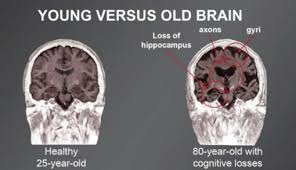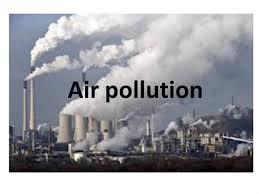 Air pollution is known to increase the risk for stroke and other cerebrovascular disorders. But now researchers have found it is also linked to premature aging of the brain.
Air pollution is known to increase the risk for stroke and other cerebrovascular disorders. But now researchers have found it is also linked to premature aging of the brain.
The study, in the May issue of Stroke, used data on 943 men and women over 60 who were participants in a larger health study. Researchers did M.R.I. examinations and gathered data on how close the people lived to major highways. They also used satellite data to measure particulate matter smaller than 2.5 micrometers, or PM 2.5, a form of pollution that easily enters the lungs and bloodstream.
After controlling for health, lifestyle and socioeconomic factors, they found that compared with people exposed to the lowest levels of PM 2.5, those with the highest exposure had a 46 percent increased risk for covert brain infarcts, the brain damage commonly called “silent strokes.”
They also found that each additional two micrograms per cubic meter increase in PM 2.5 was linked to a decrease in cerebral brain volume equivalent to  about one year of natural aging.
about one year of natural aging.
“We’re seeing an association between air pollution and potentially harmful attacks on the brain,” said the lead author, Elissa H. Wilker, a researcher at Beth Israel Deaconess Medical Center. “This helps us to better understand the mechanisms related to air pollution and clinically observed outcomes.”
Source: New York Times





